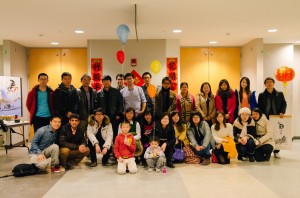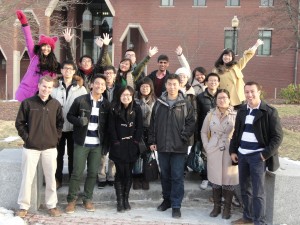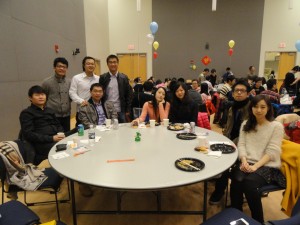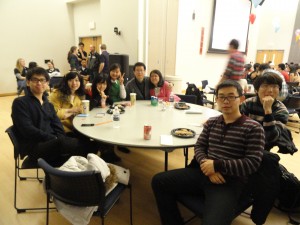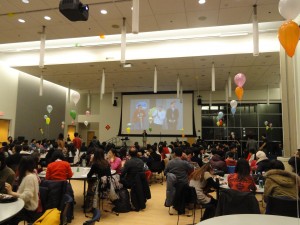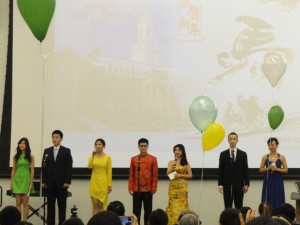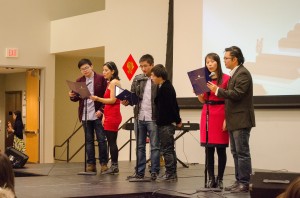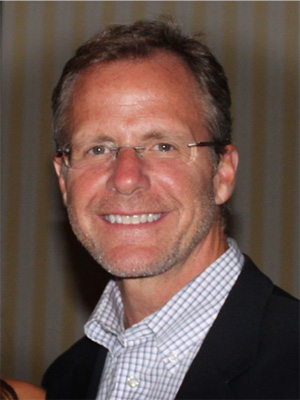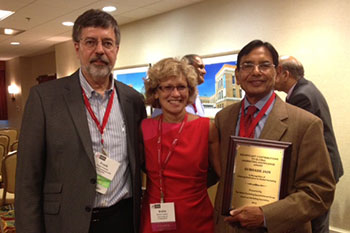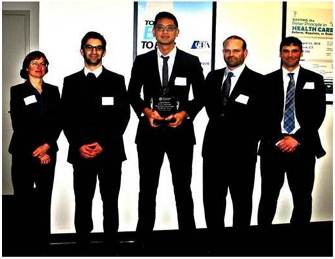Attractive Bridge to MS in Accounting Degree. The UConn School of Business Accounting Department is pleased to announce the launch of the new online Accounting Certificate Program (ACP) commencing fall 2014.
The new program is specifically designed for college graduates and working professionals with non-accounting backgrounds who are interested in acquiring fundamental accounting knowledge. For those individuals wishing to pursue UConn’s MS in Accounting Program, which requires the same prerequisite accounting courses, the certificate provides an attractive bridge for meeting the degree’s entry requirements.
“UConn’s ACP program has broad appeal in the marketplace, especially given the online format,” says Amy Dunbar, professor and program director. “Already leaders in online accounting education with our highly successful online MSA program, we’re pleased to leverage our expertise in developing a quality online certificate program that addresses the needs of two unique constituencies – individuals who simply want more accounting education than they currently have and those who would like to use the accounting courses as a bridge to an MSA program.”
The ACP comprises four comprehensive accounting courses covering financial reporting, assurance services, and taxation. The program runs through the fall and spring semesters, culminating in the completion of the certificate in May.
Applicants for the new certificate program must have an undergraduate degree (any major) and have completed introductory financial and managerial accounting courses. After completing the ACP, individuals can apply to UConn’s MSA program and receive credit for two of the ACP courses.
The Accounting Department has seen significant interest in the MSA program from individuals in the work force, as well as from UConn students in other graduate degree programs, who generally don’t have the undergraduate accounting background required for admission.
“Unfortunately, we’ve had to decline a majority of students interested in the MSA program over the years because they simply didn’t possess the prerequisite undergraduate accounting courses,” says Mo Hussein, professor and department head of Accounting. “The next question generally asked was whether we offered the required courses here at UConn. Now, we are able to say ‘yes!'”
For more information, please visit http://msaccounting.business.uconn.edu/
